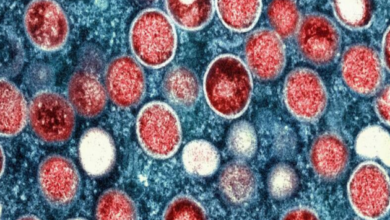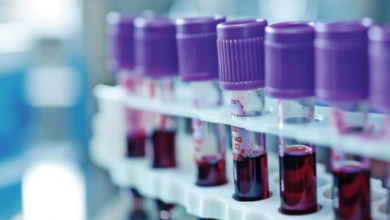Dietary Niacin Intake Linked to Lower All-Cause Mortality in Metabolic Dysfunction-Associated Steatotic Liver Disease”

Increased dietary niacin intake was linked to a Dietary Niacin reduced risk of all-cause mortality in 4,315 adults with Metabolic Dysfunction-Associated Steatotic Liver Disease (MASLD), formerly known as Non-Alcoholic Fatty Liver Disease (NAFLD). However, this higher intake did not correlate with a decreased risk of cardiovascular disease (CVD)-related mortality, according to data analyzed from the National Health and Nutrition Examination Survey spanning 2003 to 2018.
Dietary Niacin
The cohort, with a mean age of 52.5 years and 55% men, was divided into three tertiles based on reported baseline dietary niacin intake: 1) 18.4 mg or less, 2) 18.5 to 26.6 mg, and 3) at least 26.7 mg. Over a median follow-up of 8.8 years, there were 566 deaths, with 197 attributed to CVD. Adjusting for confounders, the hazard ratios for all-cause mortality and CVD mortality in the highest tertile were 0.7 (95% CI, 0.5-0.96) and 0.65 (95% CI, 0.35-1.2), respectively, while the second tertile had ratios of 0.78 (95% CI, 0.6-1.02) and 0.87 (95% CI, 0.63-1.21) compared to the lowest tertile.
Despite these associations, no clear nonlinear relationship was observed between dietary niacin intake and all-cause (P = 0.89) or CVD (P = 0.47) mortality in restricted cubic spline analysis. The study, which provides insights into the potential benefits of higher dietary niacin intake in reducing all-cause mortality among individuals with MASLD, suggests a need for further investigation to determine optimal intake levels and understand the dose-response relationship for reducing the risk of all-cause and CVD mortality in patients with NAFLD.




